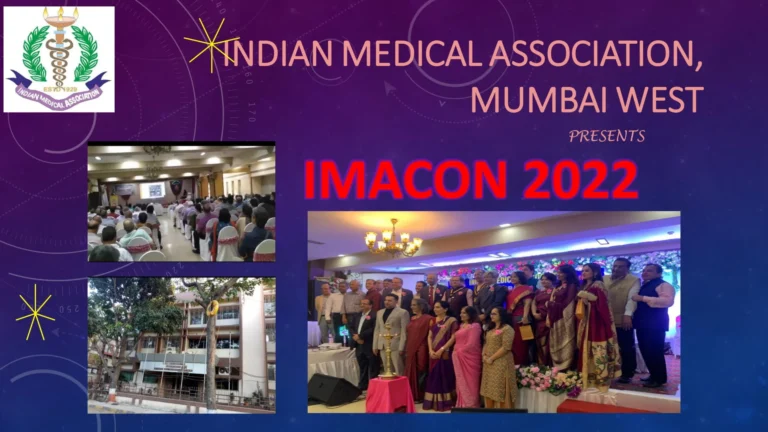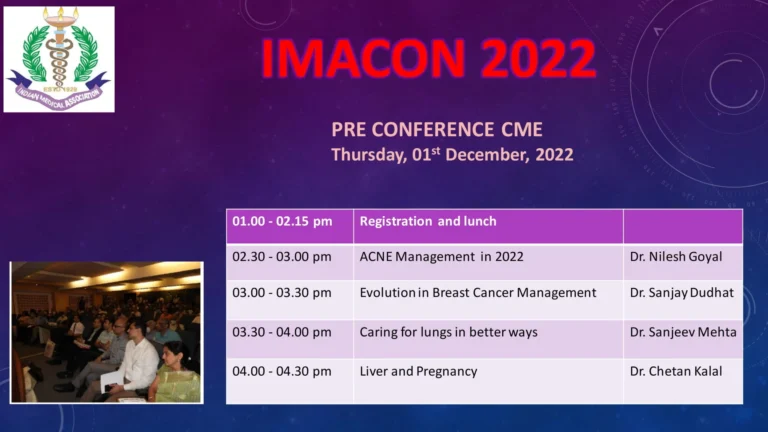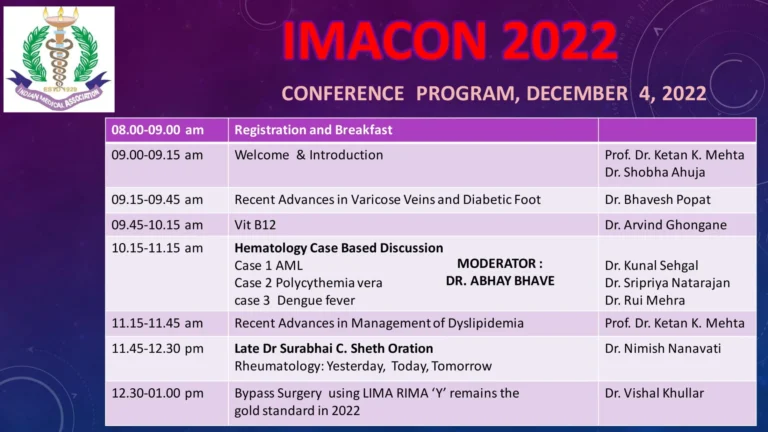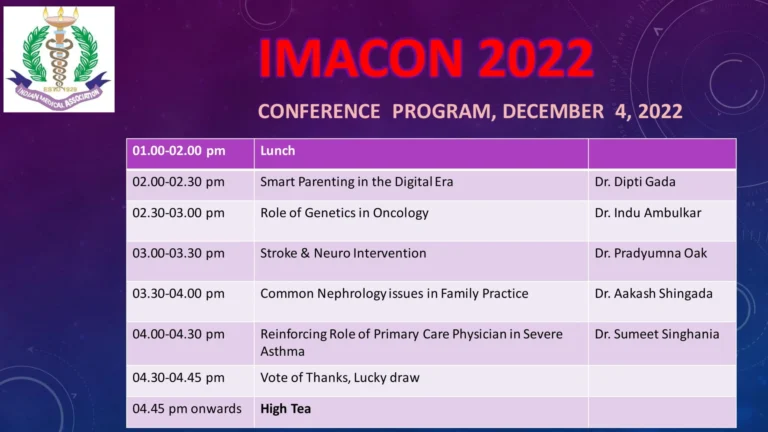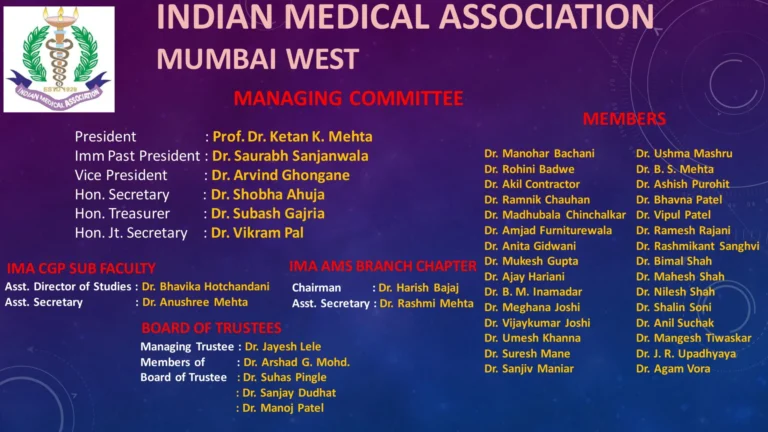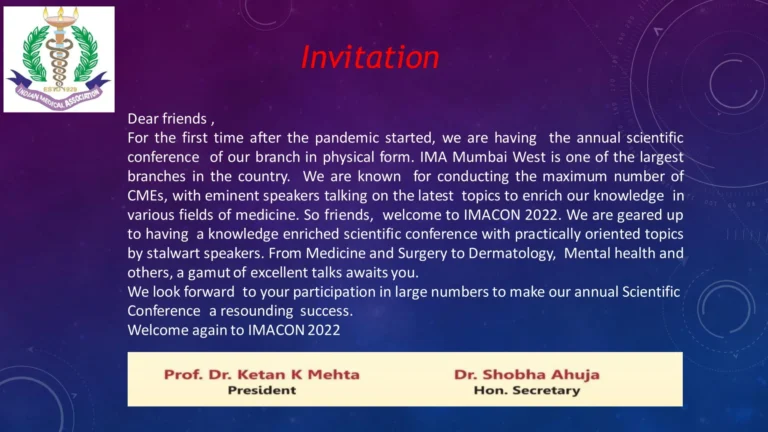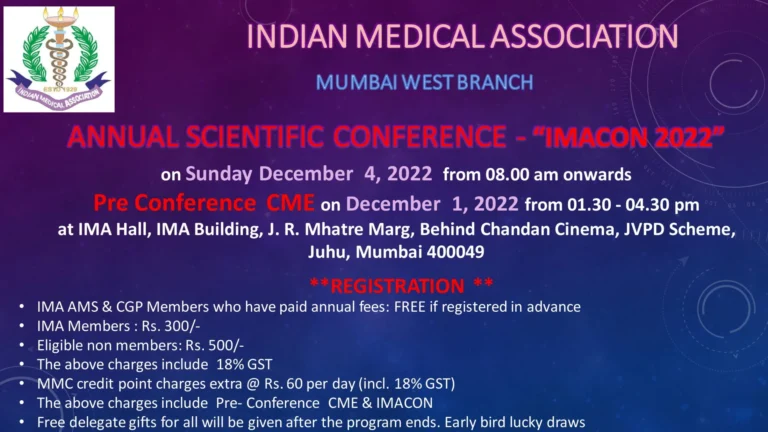






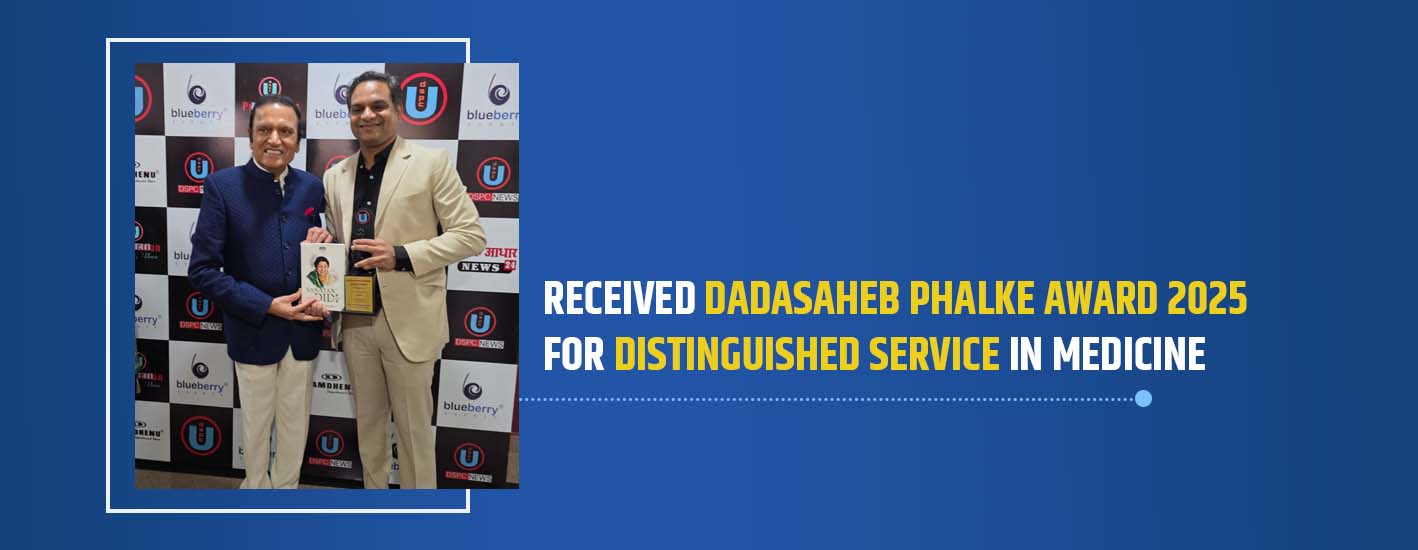
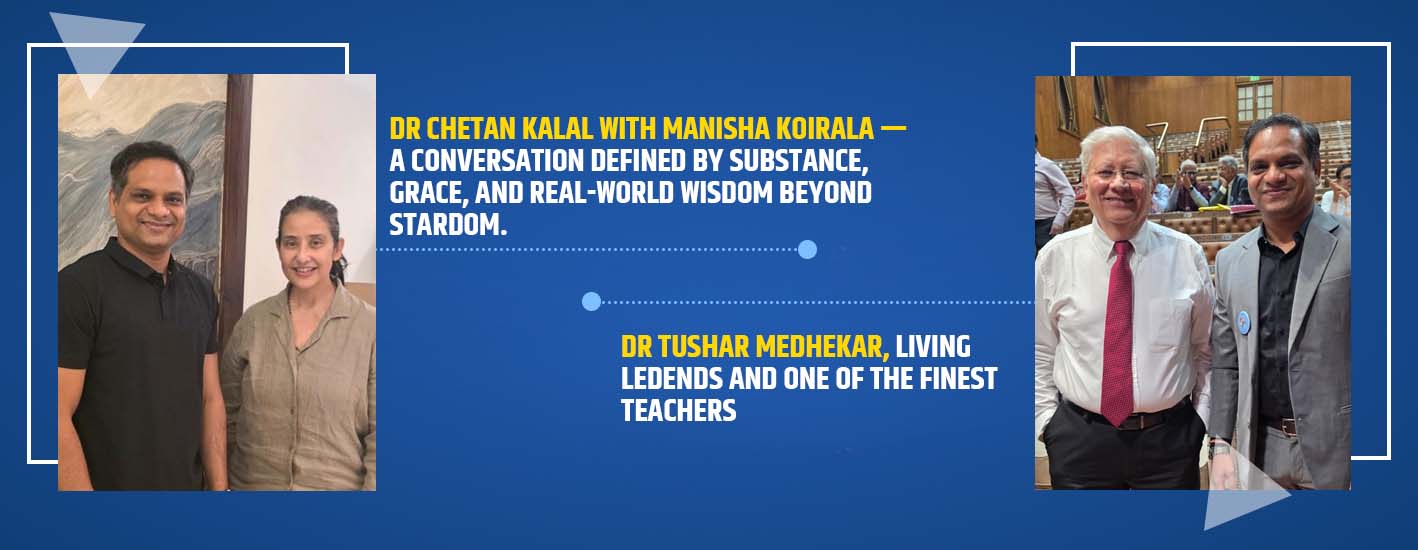
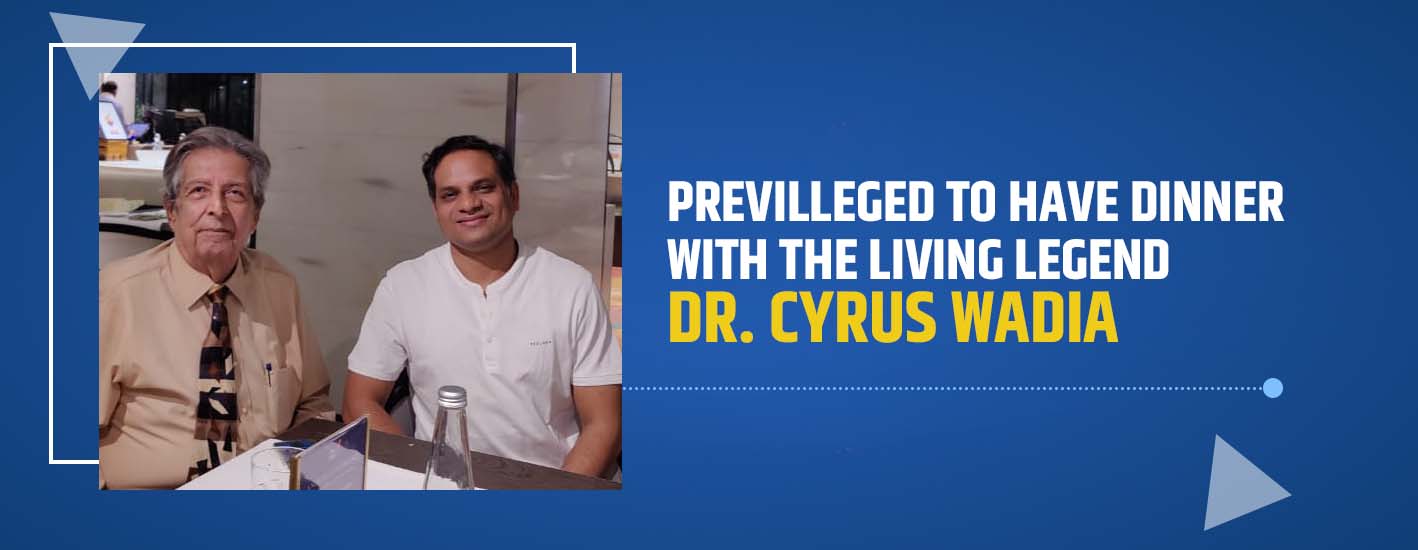
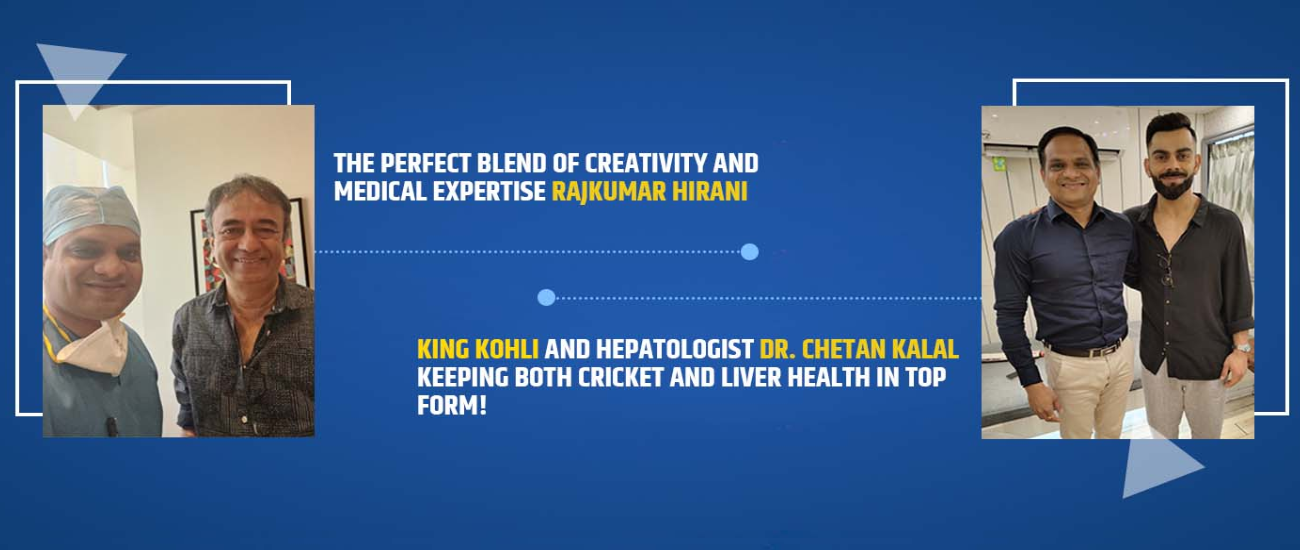

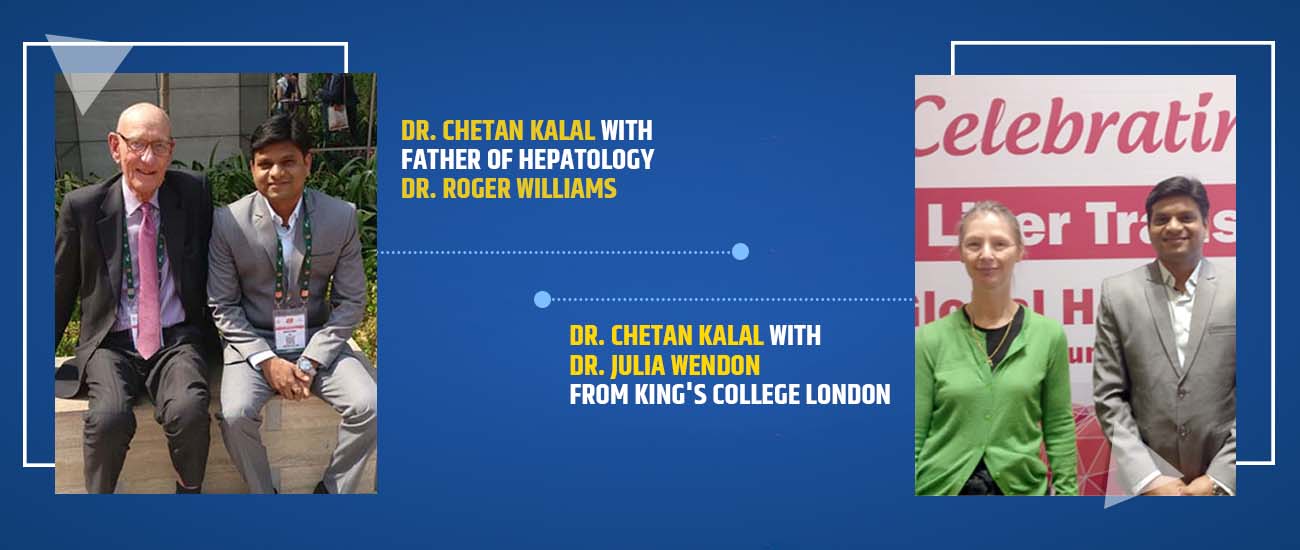

ABOUT DOCTOR
Best Liver Specialist in South Mumbai
Dr Chetan Kalal is currently the Consultant, at the Department of Hepatology Institute of Liver Diseases. He is one of the Best Liver specialists in South Mumbai. He has been the recipient of several awards, important one being: the prestigious AASLD Foundation Award 2016 and 2017.
His major research interest is in Liver diseases. He has published over 20 original articles in International journals/National journals, He has been involved with several international clinical trials on new drug development with presentations in international and national meetings and publications in peer-reviewed journals.
Hospital associated with
MAKE AN APPOINTMENT
(+91 8506873687)
We help our patients to restore a good health
What Patient Say's
FAQ's
Liver transplantation is a surgical procedure performed to remove a diseased or injured liver and replace it with a whole or a portion of a healthy liver from another person, called the donor. Since the liver is the only organ in the body able to regenerate, a transplanted segment of a liver can grow to normal size within weeks.
A liver transplant is recommended when a person’s liver no longer functions adequately enough to keep them alive. A successful liver transplant is a life-saving procedure for people with liver failure. Liver failure can happen suddenly – called acute liver failure – as a result of infection or complications from certain medications, for example. Liver failure resulting from a long-term problem – called chronic liver failure – progresses over months, years or decades. Chronic liver failure is usually the result of cirrhosis, a condition in which healthy liver tissue has been replaced with scar tissue making the liver unable to carry out its normal functions.
Among adults in the India. The most common reason for a liver transplant is cirrhosis caused by Fatty liver/NASH, followed by cirrhosis caused by long-term alcohol abuse. Many other diseases cause cirrhosis, including the following:
- Other forms of chronic hepatitis, including hepatitis B, C and autoimmune hepatitis.
- Some genetic conditions, including Wilson disease where dangerous levels of copper build up in the liver, and hemochromatosis where iron builds up in the liver.
- Diseases of the bile ducts. Bile ducts are tubes that transport bile, a digestive liquid made in the liver, to the small intestine. These diseases include primary biliary cholangitis, primary sclerosing cholangitis, and biliary atresia.
- Other reasons for liver transplantation include primary liver cancer, meaning cancers that originate in the liver, such as hepatocellular carcinoma.
- Acute Liver failure
- Acute on chronic liver failure
A team of specialists from a variety of fields will evaluate you to determine if you are a suitable candidate.
The transplant team usually consists of the following members:
- Hepatologist
- Transplant surgeon
- Transplant coordinator
- Nurse
- Social worker valuation will include assessment of you’re:
- Liver disease and other conditions you may have;
- Mental and emotional health; support system;
- Ability to adhere to the complex medical regimen required after transplant; and
- Likelihood of surviving the transplant operation.
The person who will be involved in your pre-and-post transplant care should accompany you to the appointment.






